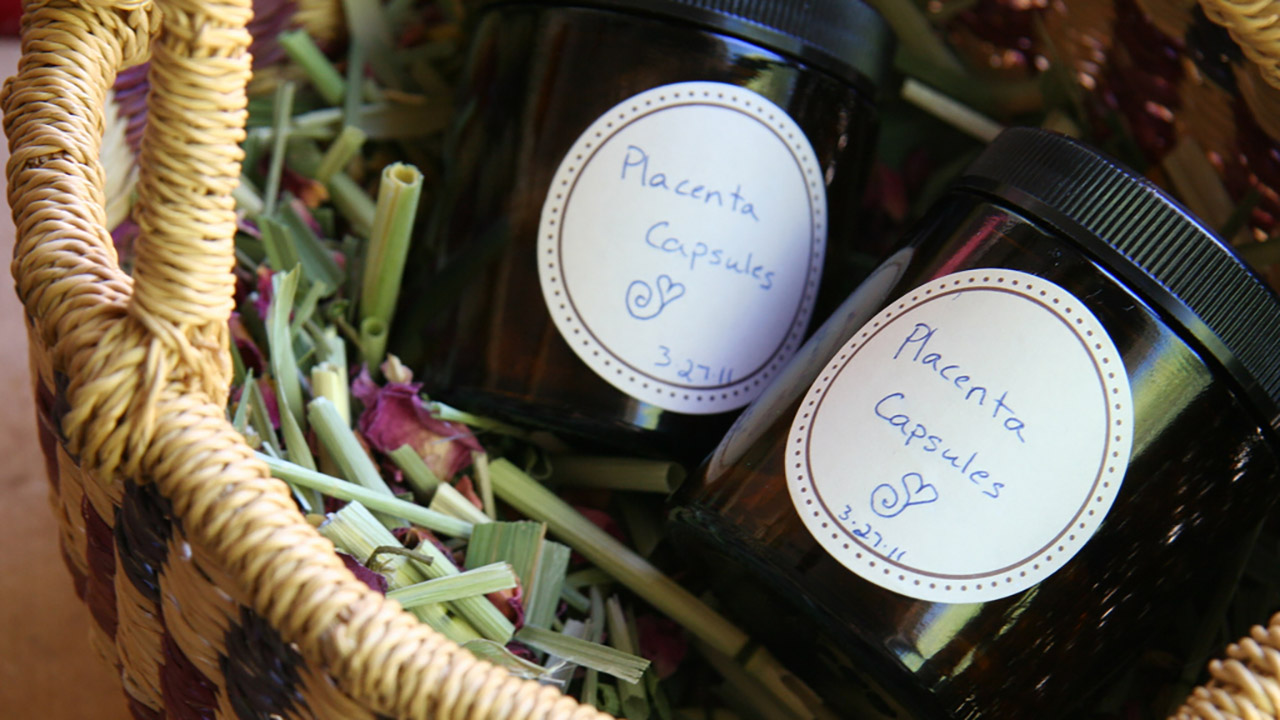Gaby Hoffman swears by the placenta smoothie. January Jones prefers hers ground up and dehydrated, in pill form. Most mammals eat their placentas, too.
Some women have started embracing placentophagy, the practice of consuming the placenta after pregnancy, and cite a myriad of health benefits such as prevention of postpartum depression and pain relief. The benefits may very well be real, but science has no conclusive data on the subject. A new review by researchers at the Northwestern University Feinberg School of Medicine found that there’s a dearth of knowledge about the pros and cons of human placenta, and therefore advise against it.
According to the study’s abstract, “Studies investigating placenta consumption for facilitating uterine contraction, resumption of normal cyclic estrogen cycle, and milk production are inconclusive,” and “experimental animal research in support of pain reduction has not been applied in humans.” Therefore, “the health benefits and risks of placentophagy require further investigation of the retained contents of raw, cooked, and encapsulated placenta and its effects on the postpartum woman.”
Study coauthor Cynthia Coyle elaborated to Science News:
“I think it’s a woman’s choice whether or not to consume the placenta,” says study coauthor Cynthia Coyle, a clinical psychologist at Northwestern University. “Our concern is that a lot of this research is cited as evidence for the benefits,” when that evidence simply isn’t there, she says.
How long will it take to get that research? Rebecca McKeever, a doula based in Brooklyn, is not holding her breath. “The problem with scientists studying the placenta consumption after childbirth, is that there is no money to be made off of placenta therapy. Pharmaceutical companies will not give the money to support it’s testing because there is no profit in it for them,” she says.
McKeveer estimates that 40 percent of her clients “have consumed their placenta” in forms that include raw (placenta sashimi), cooked, capsule-form, placenta tinctures and smoothies. “There is overwhelming evidence from women’s testimonials of their personal experiences of the benefits of consuming the placenta in the postpartum period,” she says. “I know women who have tried all the different methods above and everyone has nothing but good things to say about it.”
Experts agree that it you are considering placentophagy, then guidance of a doula or midwife is essential. But they still caution against it. Coyle warns in the BBC,”There are no regulations as to how the placenta is stored and prepared, and the dosing is inconsistent.”
“Women really don’t know what they are ingesting,” she says.
(Photo: latisha)


